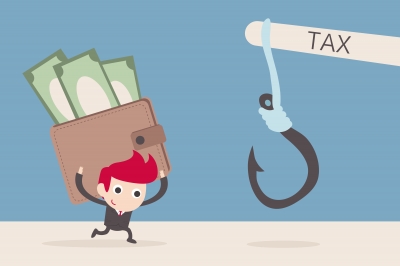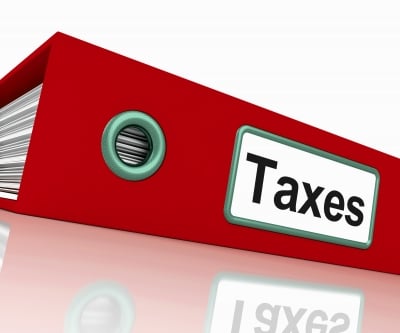What is an IRS Bank Account Tax Levy?
IRS Tax Levy: How to Avoid and Release
Taxpayers who have a tax levy imposed on their accounts often have to deal with tax troubles for years to come. The levy can dramatically affect their well-being, siphoning off needed income and valuable assets. If you receive a notice of an intent to levy it’s important to find out what is involved.
Can the IRS Seize Your Property?
Did you know that the IRS has the authority to seize your assets if you owe back taxes? The Internal Revenue Service is one of the most powerful government agencies when it comes to seizing control of individual assets so it's wise for any taxpayer to understand the agency's authority and how it exercises asset seizure in cases of income tax debt.
Financial Hardship Status Can Ease IRS Stress
Dealing with an outstanding IRS tax debt is a stressful situation but it can be even more difficult to handle if you're facing a financial hardship. These situations, which could be caused by any number of factors, are not unusual for taxpayers who owe and want to settle back taxes. This is why the IRS extends a special provision for those who are dealing with financial hardship - the "Hardship" status which places a temporary freeze on your repayment requirements until your economic situation improves.
3 Ways to Deal with a Bank Levy
Bank Account Levy: Your Options
Do Away with Underpayment Penalties: 6 Tips
The IRS assesses underpayment penalties for taxpayers who don't pay in enough income tax during the year. This penalty is typically enforced against those who are self-employed or those who don't have enough tax withheld from their pay to cover their assessed tax. If the IRS imposes an underpayment penalty on your account, you'll have to pay in the additional taxes you owe as well as the penalty. Here are six tips you can use for tax help and to learn how to prevent underpayment penalties.
Pay Off Your Tax Debt with an IRS Payment Plan

If you owe back taxes to the IRS you might be worried about how you'll resolve your account with the agency. The IRS has plenty of resources to track down and penalize potential tax cheats so it's always best to find a way to pay your balance as soon as possible. The good news is that you can pay your back tax bill in an affordable way by using an IRS payment plan. Before you're able to set-up payment plan arrangements though, you'll need to learn the different types of available plans for you.
Wage Garnishment: What the IRS Has to Do Before They Take Your Money
Some taxpayers think that the IRS can garnish wages without warning but the agency actually has several procedural rules that it follows when agents begin the wage garnishment process. By learning about the IRS rules for wage garnishment taxpayers who have outstanding back tax balances can prepare themselves to stop the wage garnishment process and avail themselves of the options they have.
How to Stop Wage Garnishment
SUBSCRIBE VIA EMAIL
POSTS BY TOPIC
- Tax Tips and Help (285)
- IRS Collections (121)
- IRS Audit (72)
- Tax Credits and Deductions (70)
- Tax Resolution (62)
- Business Taxes (54)
- Back Taxes (48)
- Wage Garnishment (21)
- Tax Levies (19)
- IRS Payment Plans (15)
- Tax Liens (14)
- Offer in Compromise (9)
- Unfiled Tax Returns (9)
- IRS Tax Attorneys (7)
- Asset Seizure (6)
- Tax Evasion (6)
- Criminal Tax Defense (4)
- Innocent Spouse Relief (4)
- Alimony (1)









